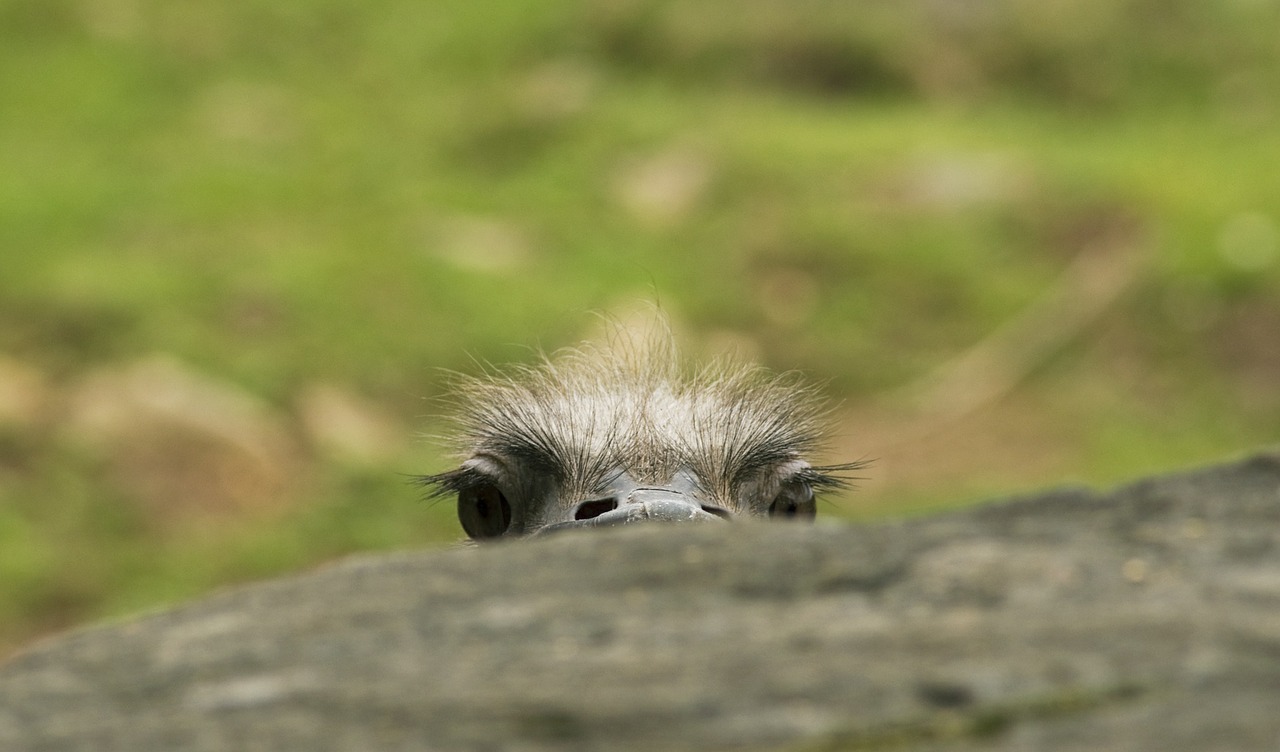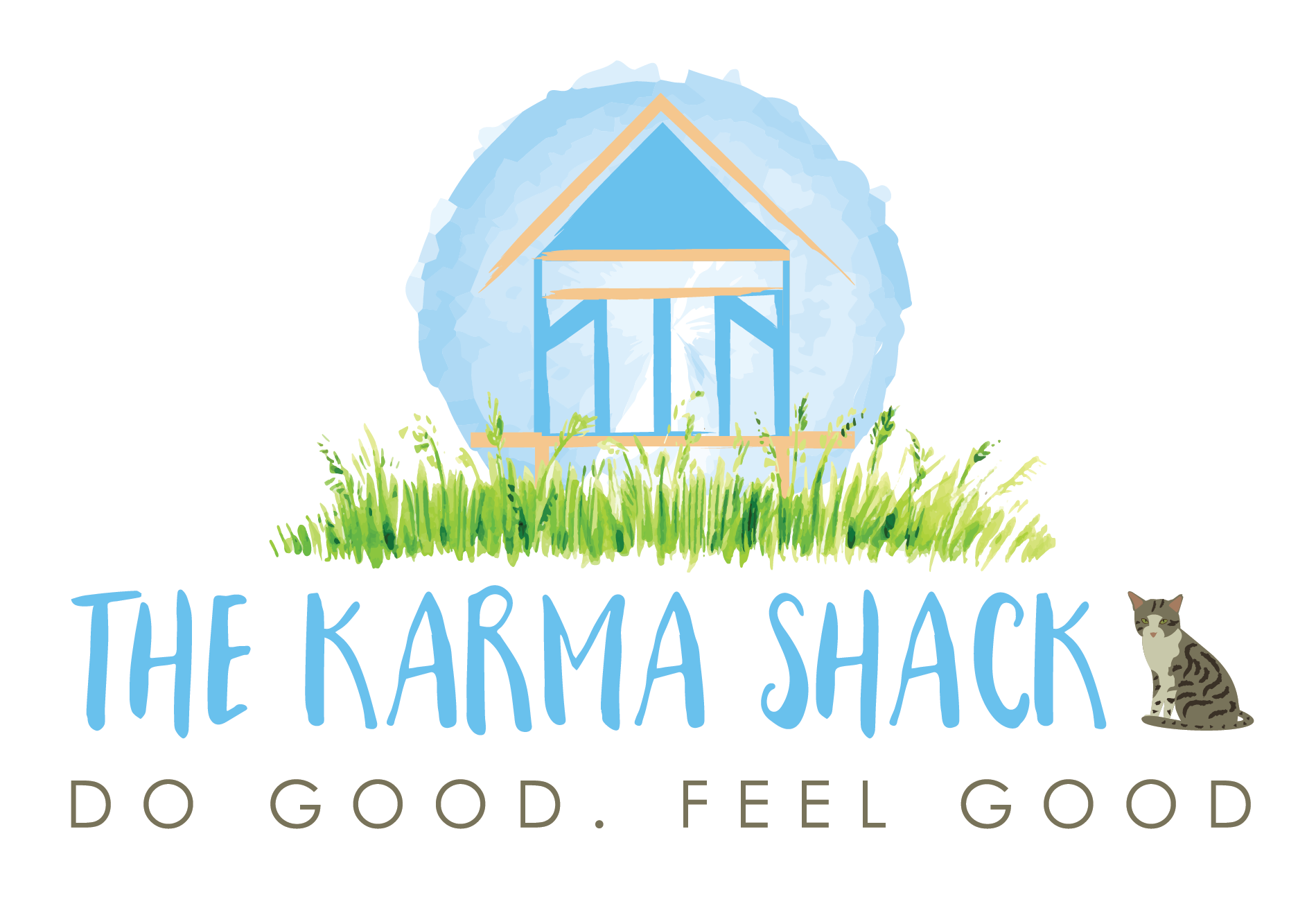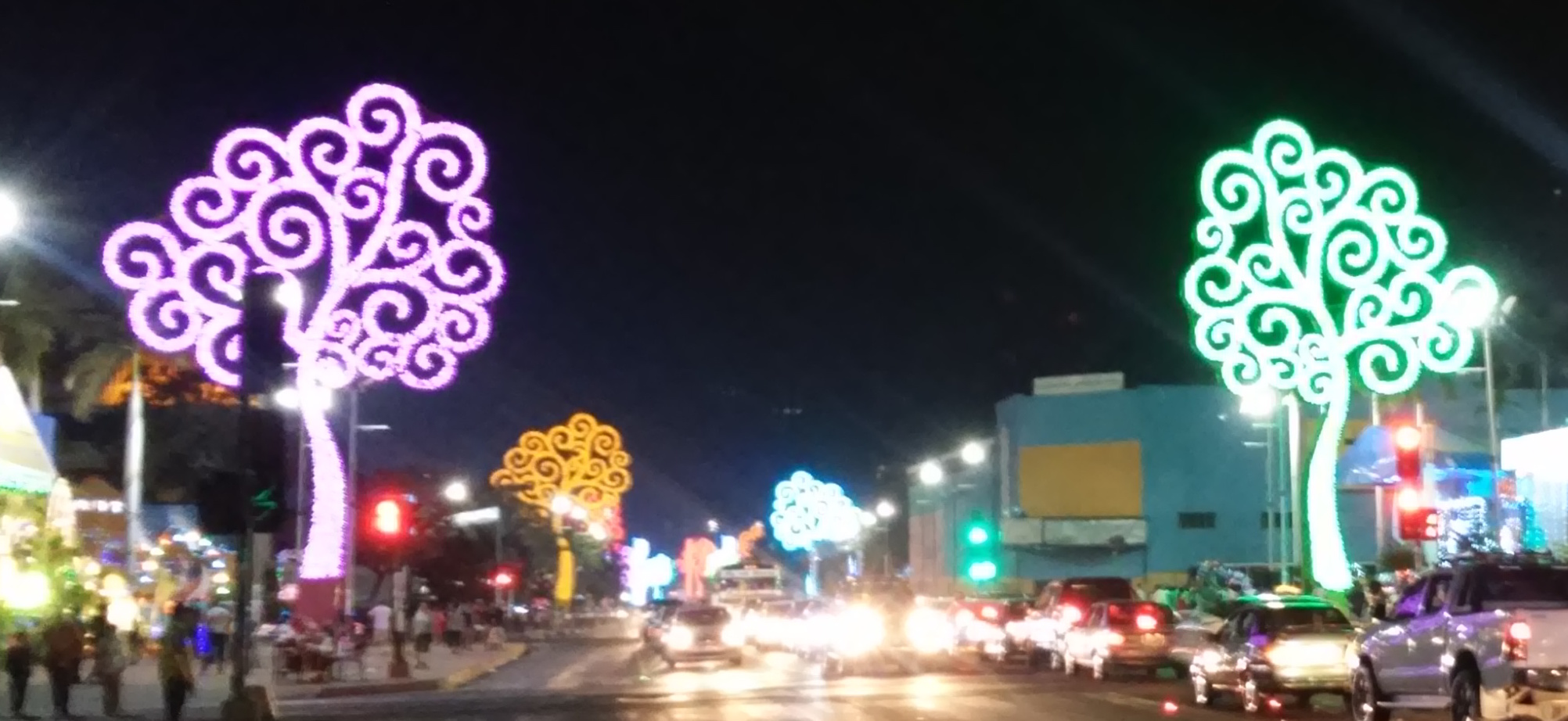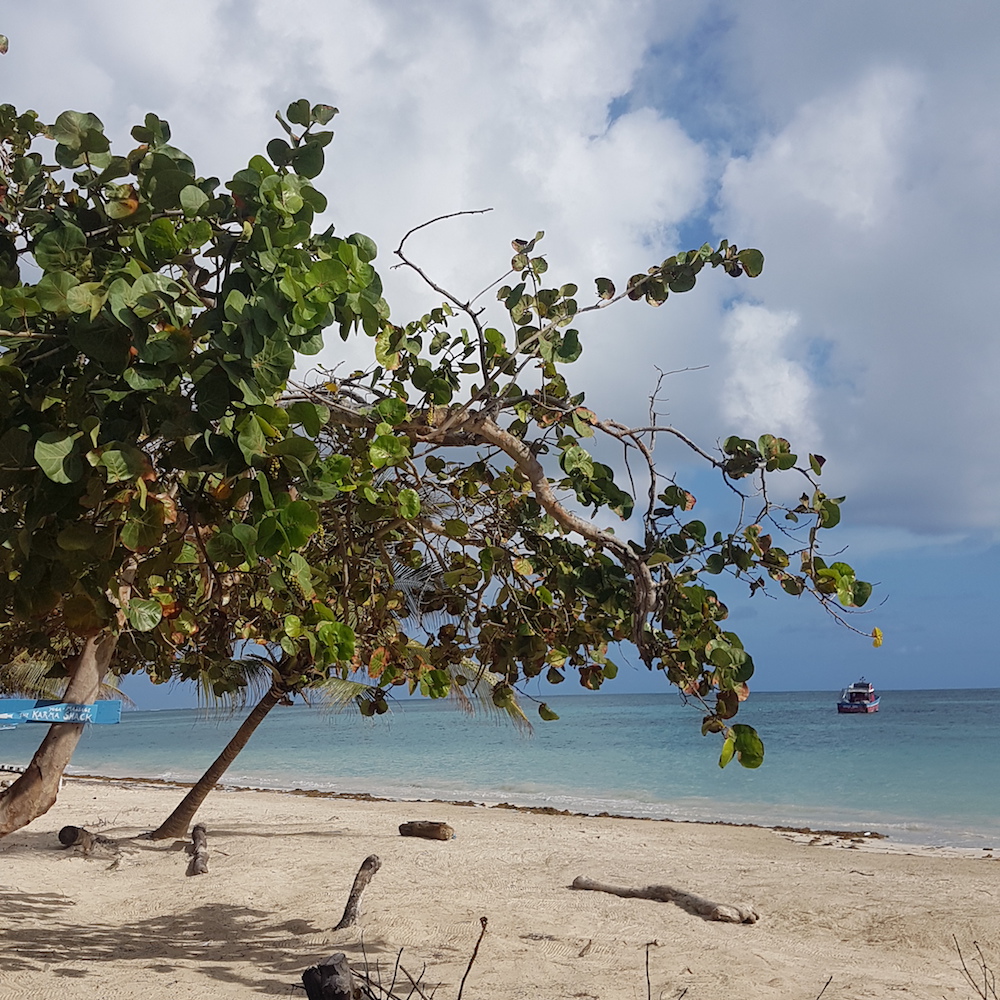
MY (R)EVOLUTION, PART 3.
For 20 years I’ve stayed away from the news. At first it was by force, because I was travelling in Asia in times long before internet was omnipresent, when finding a newspaper in a language I could read was rare, and internet-cafés were sparse.
During my travels I started volunteering on remote farms or in small villages, renting a simple house. I haven’t lived in a house with TV for almost 20 years now.
By default, I stopped keeping up with the news, and pretty soon I was completely out of the habit of trying to find out what’s going on in the world.
I actually found it a relief not following the news. I had more time to do other things, and I felt over-all happier. News is mostly bad news, and it always makes me feel upset, sad, angry, powerless, frustrated or shocked. It is also mostly news that I cannot do much about, since it happens far from where I live, now already for 13 years on this tiny speck of land in the Caribbean Sea.
For years of my life I had let the news drain my energy, when I was younger. Once I discovered how much better I felt when I didn’t know all that news, without ever feeling that not knowing what’s going on in the world threatened my well-being or my life, I made it a point of not keeping up with it, period.
When on April 19 of this year protests against a change in the social security system here in Nicaragua resulted in hundreds of injured and dozens of dead people thanks to police violence, I was still in the “I don’t want to know this”-mode.


